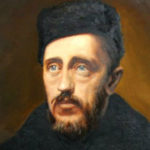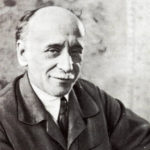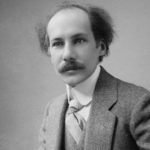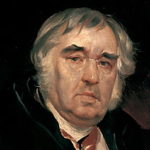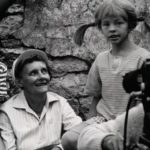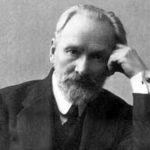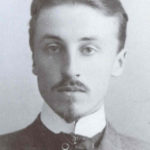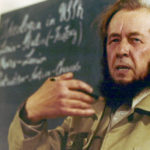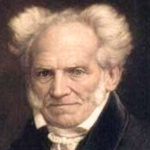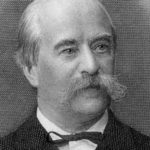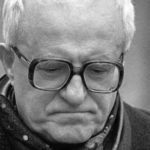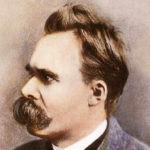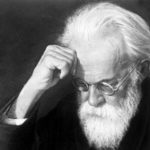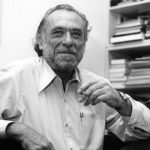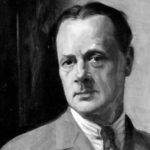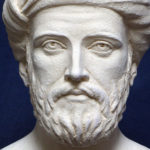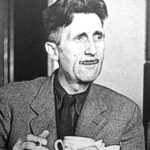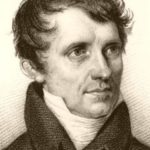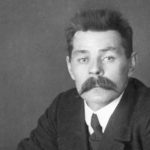Facts from the life of Blavatsky
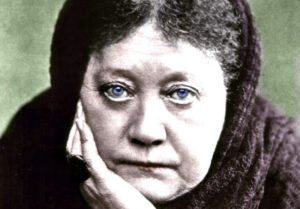 Non-standard personalities always attract a lot of attention. Elena Blavatsky is still the subject of numerous disputes and discussions – her publications, mixed with philosophy, esoterics and religion, divided those who read her works into supporters and opponents. Throughout her life, Blavatsky sought to uncover the secrets of nature and religious teachings, arguing that it would help humanity find the truth.
Non-standard personalities always attract a lot of attention. Elena Blavatsky is still the subject of numerous disputes and discussions – her publications, mixed with philosophy, esoterics and religion, divided those who read her works into supporters and opponents. Throughout her life, Blavatsky sought to uncover the secrets of nature and religious teachings, arguing that it would help humanity find the truth.
In her youth, she spent a lot of time in her grandmother’s library. She was especially interested in books related to the occult sciences.
Blavatsky had noble origins.
At 17, she was married to a man 21 years older than her, but after three months she ran away from him and returned to her family.
During the year she worked in one of the circuses in Turkey.
The first surname of Elena Blavatsky given to her at birth is Gan.
Even at a young age she mastered five languages.
After a year in Constantinople, Blavatsky moved to Great Britain, where she worked for some time in one of the London theaters.
Travels in different countries have been delayed for many years, and the details about this period of her life have not reached us. In total, she spent in wanderings for about 25 years.
Helen Blavatsky became the first Russian woman to receive American citizenship.
The famous Mahatma Gandhi noted that his worldview was influenced by the books behind her authorship.
As a child, she claimed that she hears strange sounds and sees ghosts.
She spent seventeen years in Tibet, having only visited this land twice.
The first published book of Helena Blavatsky was “Exposed Isis”, crushed by American critics.
In the USA, she founded the Theosophical Society, which set as her goal the search for truth. It was later transferred to India.
At the time Helena Blavatsky left his life in the Theosophical Society, there were more than 60 thousand people adhering to a wide variety of religious views.
After returning from Tibet to Russia, she introduced into the secular society a fashion for spiritualistic practices.
In 1885, Blavatsky was accused by the authorities of India of fraud. However, in 1975 they also issued a stamp commemorating the 100th anniversary of the founding of the Theosophical Society.
After death, she was cremated, and her ashes are divided into three parts, each of which was sent for storage to different headquarters of the Theosophical Society.
During her long and busy life, Blavatsky traveled to several dozen countries in Europe, Asia, Africa, as well as in North, South and Central America.

